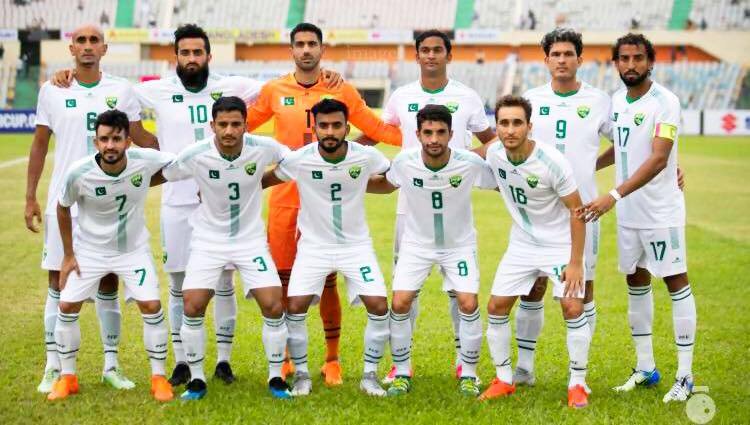In June, football legends Michael Owen and Emile Heskey visited Pakistan to promote the newly established Pakistan Football League, a franchise-based tournament intended to kick off in November. Despite the excitement generated by their visit, the anticipated league has yet to materialize, with the country now grappling with a more significant issue: a third FIFA suspension in just eight years.
Football in Pakistan has long struggled with infrastructure, governance, and the support needed to thrive on the international stage. While football is immensely popular in the country, with 3.4 million registered players, the sport has yet to see the growth needed to compete with cricket, the nation’s dominant sport. The introduction of the Pakistan Football League seemed like a step in the right direction, but with the current ban, the future of the game is uncertain. FIFA suspended the Pakistan Football Federation (PFF) following the latest dispute over the PFF Constitution, which led to the rejection of constitutional amendments mandated by FIFA and the Asian Football Confederation (AFC). This disagreement has left the nation’s football in limbo, with no clear path forward.
This suspension follows a history of governance issues, starting with a 2017 ban due to third-party interference. A subsequent ban occurred in 2019 after a group of former PFF officials stormed the body’s headquarters. While these bans were eventually lifted, the country’s football infrastructure remains fragile. The latest ban, which could keep Pakistan out of the 2027 Asian Cup qualifiers, marks a significant setback. If not lifted by March 4, Pakistan’s national team will be disqualified from the upcoming qualification matches.
Stephen Constantine, former Pakistan head coach, emphasizes that resolving the issues requires prioritizing the game over personal interests. “You have to put your personal interests aside and think about the football,” Constantine stated. He argues that the solution lies in adhering to FIFA’s requirements, which aim to create fair and democratic elections within the PFF. However, the internal conflict and unwillingness to compromise continue to hinder progress.
Under Constantine’s leadership, Pakistan had their best result in years, defeating Cambodia in World Cup qualification for the first time in October 2023. The excitement surrounding this victory highlighted the potential for growth in the country’s football scene, especially with the prospect of more home matches. However, the absence of a national league made it difficult to sustain momentum. Now, with the ban in place, all progress has stalled, and the men’s national team faces the possibility of being excluded from the 2027 Asian Cup qualifiers.
The situation is equally grim for the women’s national team, who were preparing for their first-ever qualification campaign for the Asian Cup in June. Without a functioning football federation, both men’s and women’s teams risk missing valuable opportunities to develop and compete on the international stage.
While bringing big names and flashy leagues to Pakistan may draw attention, it is clear that the country’s football needs much more. Real progress will only come when the focus shifts to building solid governance structures, a competitive league system, and a sustainable path to international success. Only then can Pakistan hope to unlock its true football potential.

